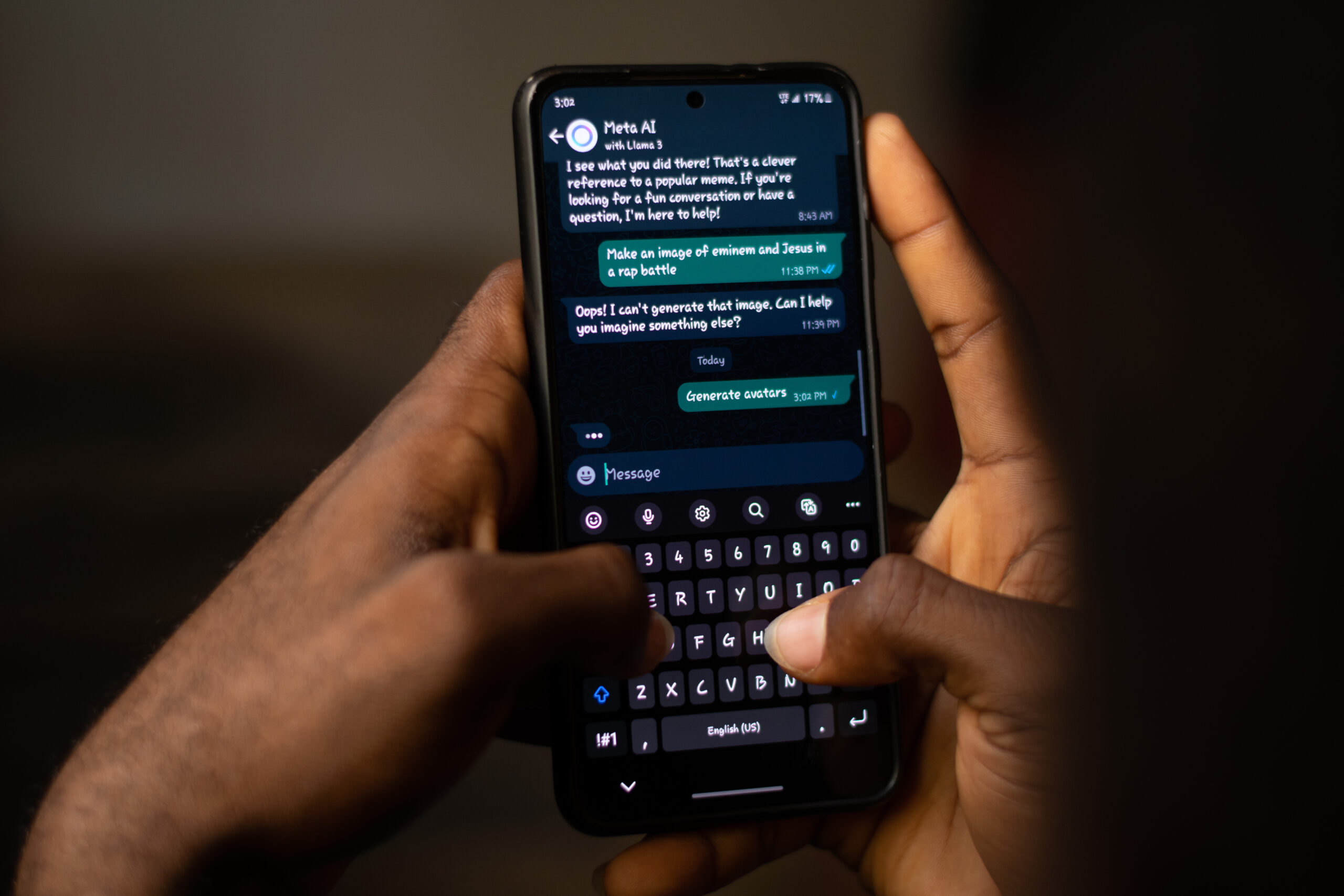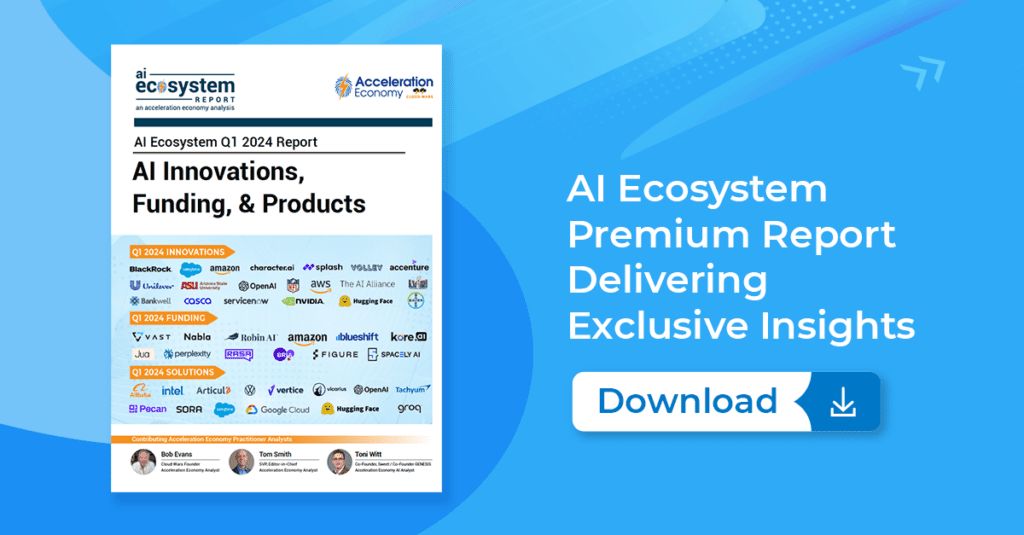


In the battle of the chatbots, ChatGPT has been in the pole position. Yet, in a bid to challenge its dominance, Meta announced back in September 2023 the launch of Meta AI, then in beta.
The platform officially launched in April this year, with Meta rolling out the service across the US, Canada, New Zealand, and Australia. However, with the company’s recent India launch, Meta AI now reaches the second largest smartphone market in the world, with 600 million plus users.
As you’ll learn, Meta’s strategy for Meta AI makes smartphone ownership a key driver for its success.
The latest version of Meta AI is built with Meta Llama 3, the company’s most advanced LLM. However, where the chatbot really stands out is in its delivery mechanism.
As well as hosting Meta AI on a standalone website, Meta AI has been integrated into the company’s social media tools: WhatsApp, Facebook, Messenger, and Instagram. Meta AI enables countless actions across the platforms. Ultimately, Meta is delivering an advanced chatbot directly into the pockets of the billions of users with these apps on their smartphones.
Users can ask Meta AI questions directly from WhatsApp, Instagram, Facebook, and Messenger apps via the search bar. The chatbot can also be accessed through Facebook feeds, so users can ask Meta AI questions directly linked to the content they are scrolling.
Another interesting function is the chatbot’s Imagine feature. This enables users, by using the word “imagine” while conversing with Meta AI, to create and share AI-generated images. The company is encouraging users to use this feature as an interactive social tool to create and manipulate images.
Interestingly, Meta has partnered with Google and Microsoft on Meta AI, enabling the chatbot to deliver results from both companies’ search engines.

When Facebook became Meta in 2021, there was no question that Mark Zuckerberg had gone all in on the Metaverse. It was a gamble that didn’t pay off, and much like the widespread adoption of AI, there need to be other factors in play before the world is ready to go virtual.
To that end, there has been a hesitancy by Meta to jump straight in with GenAI. Progress has been more calculated, starting with the incredibly powerful, open-source Meta Llama toolkit and, now, a global rollout of the company’s signature chatbot.
Meta Llama has already become one of the go-to LLMs on the market, right up there with GPT, Claude, and Gemini. Now, Meta AI could help propel Meta to, if not the top spot, at least a robust competitor in the chatbot race.
Meta AI has three unique attributes that could drive its success. First, the chatbot is designed by the pioneer of social media to be a social tool for the GenAI generation. Secondly, it has an active, global user base with integrated apps in its pockets. And third, it isn’t overly complicated.
Unlike Meta’s bet with the Metaverse, Meta AI is building on the standard functionality that users have become accustomed to with other chatbots. The difference is that they don’t need to enter a URL or download a new app to access them.

The AI Ecosystem Q1 2024 Report compiles the innovations, funding, and products highlighted in AI Ecosystem Reports from the first quarter of 2024. Download now for perspectives on the companies, investments, innovations, and solutions shaping the future of AI.